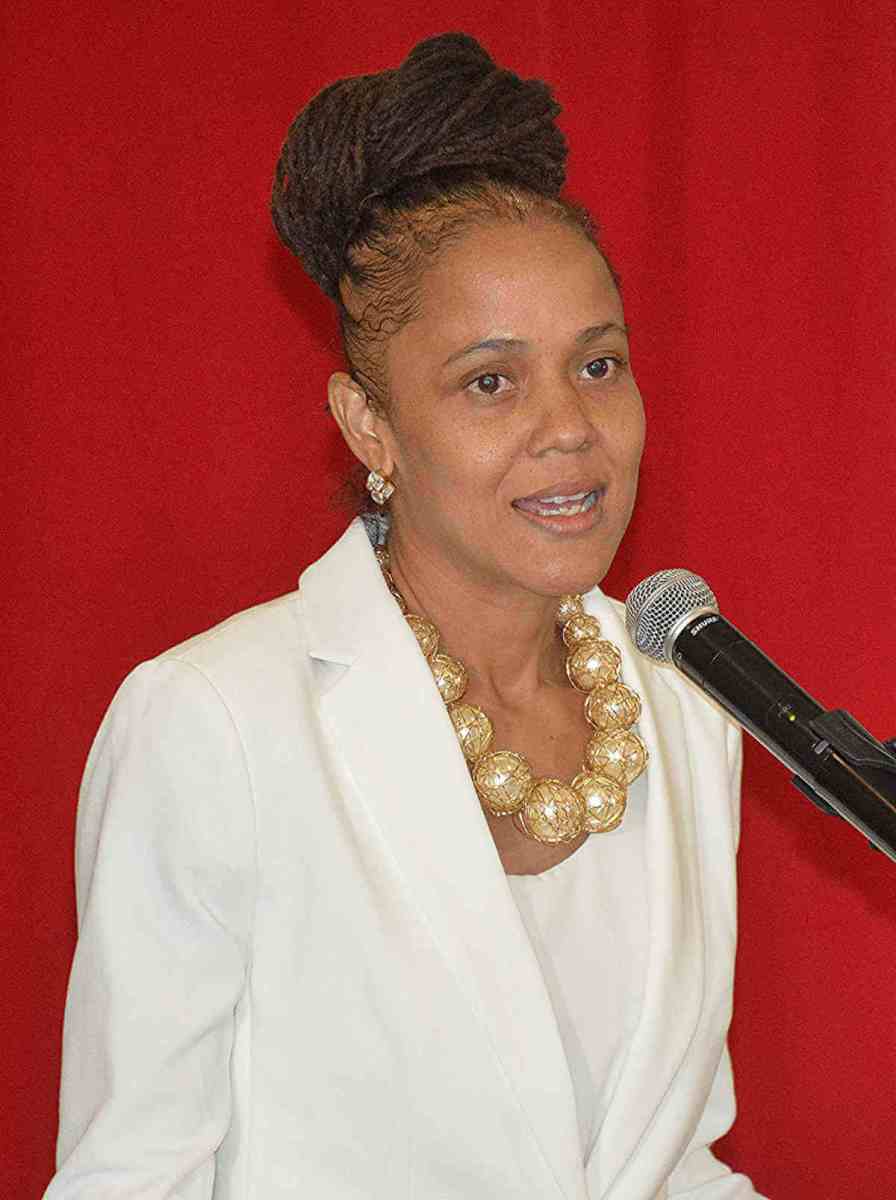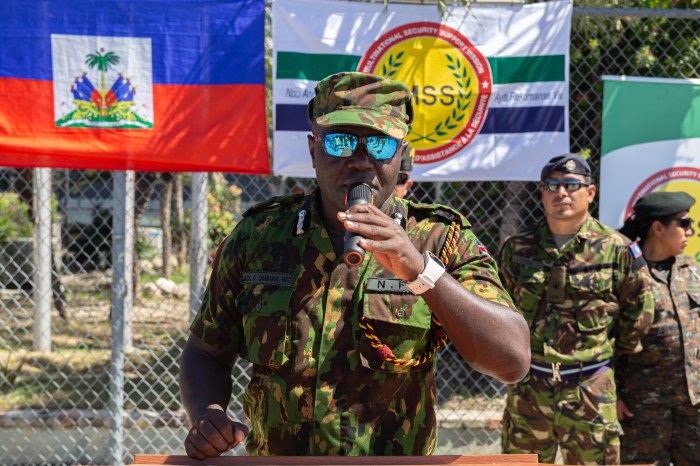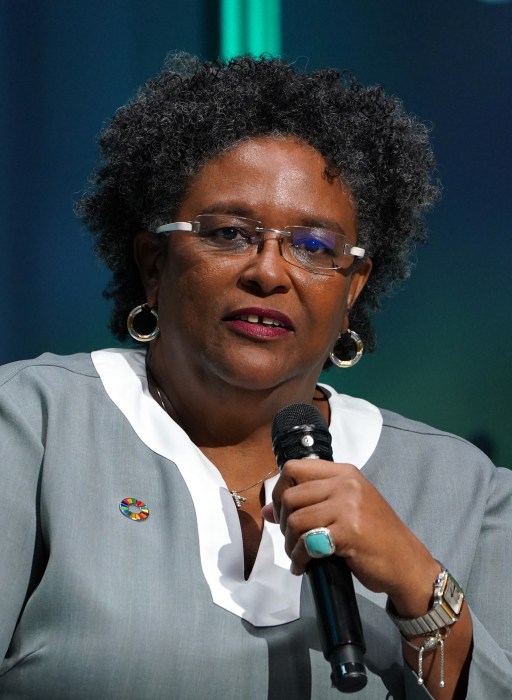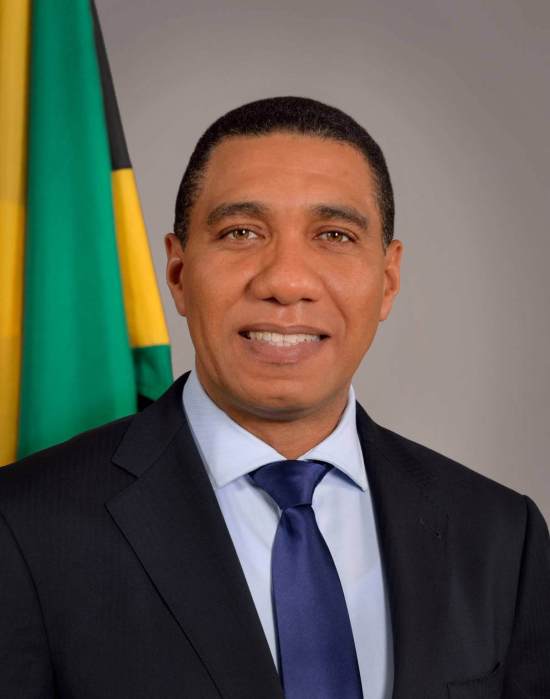Thousands of Barbadians, especially secondary school-leavers have been given the green light to pursue tertiary education without worry of college fees, and the burden of school loans on their backs.
That is now so because the newly elected government this week officially fulfilled a campaign promise to restore free university education to all Barbadians who have the entry requirements and wish to pursue higher academic studies.
When Education Minster Santia Bradshaw stated in parliament Tuesday that entry into university for Barbadians will have no monetary charge, it represented a rollback of a fee imposed on citizen students in 2014 as a part of an economic austerity measure of the last government.
Following that mid-2014 announcement the University of the West Indies, Cave Hill Campus, Barbados indicated that enrolment for the term beginning September had dropped to1,468 compared to 2,240 the previous year when education was still free.
By 2016 only 1,100 of the 2,500 Barbadians accepted for studies were able to enroll as the others could not meet the fee requirements.
“The government of Barbados will pay directly to the UWI, tuition fees for Barbadians enrolled in undergraduate courses of studies,” Bradshaw announced, explaining that this removal of charges for education begins with the 2018 September term.
“A stagnant economy cannot be revitalized without a trained empowered, equipped workforce, nor can it be revitalized with heavily indebted consumers,” she added.
The minister argued that education is falls within human rights. “Furthermore, investing in our most abundant resource, that is our people, makes sound economic sense. Thus, we regard facilitating access to education through state subsidies as both a moral obligation and an economic strategy.”
And, unlike what previously existed for Barbadians since independence in 1966, the administration of two-month-old government has extended charge-free education to the Barbados Community College (BCC) and the Erdiston Teacher’s Training College.
Entry into these two colleges is as meaningful to persons seeking higher education as is getting into the university.
Part of the function of the BCC is to provide post-secondary education that for some serves as a ramp into university.
Barbados is moving to the stage where all teachers must be graduates of the college, so free entry into that training school is a necessity for career teachers.
While there is to be no charge for tertiary education, all graduates will be requested to contribute to the island’s development.
“Full time students will be required to give back 150 hours of approved community service per year,” Bradshaw said.
This statement is backgrounded by suggestions from the governing Barbados Labour Party candidates during the elections campaign that such graduates could help in tutoring the growing number of young people who hang out ‘on the block.’
In consideration of those Barbadians who abandoned classes and the high number who didn’t enter university in the past four years owing to the financial charges, Bradshaw said “the Ministry of Education will reach out to students who have dropped out and encourage them to resume their tertiary education.”
While the administration’s announcement amounts to great news to the thousands of secondary school children who graduate each year, it also endears these young adults and future voters to the political party of the new government.



























